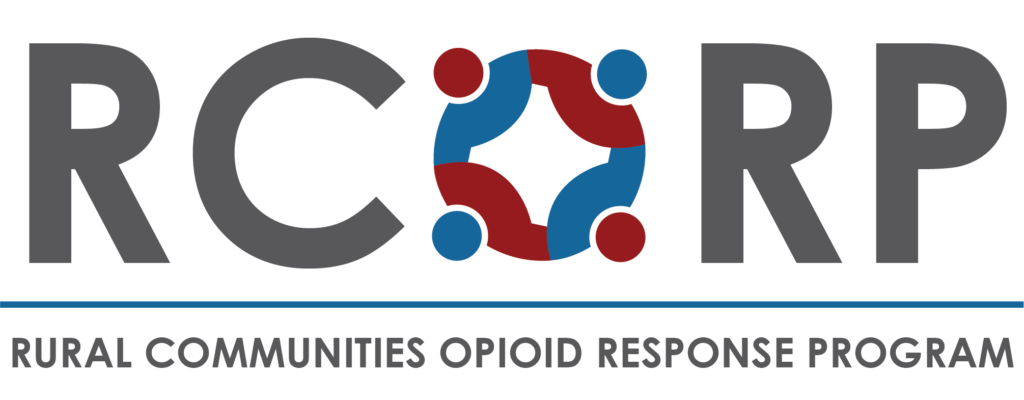Re-Entry Considerations for Rural Recovery Housing
This course reviews considerations that should be taken for those who will be housing individuals that are re-entering the community after incarceration.
Finding the Balance: Your Recovery House and Alumni Support
Gain valuable insights, referrals, and new opportunities by building strong and lasting connections by staying connected to your alumni.
Optimizing Success: Best Practices to Serve Your Recovery House’s Alumni
Alumni programs create a network of current and future support for your rural recovery house. This course provides four best practices for building your alumni network.
Trauma-Informed Care in Rural Recovery Residences
This course provides an overview of trauma-informed care and how trauma can impact a person. By implementing trauma-informed care in your rural recovery house setting, you can help residents better manage their outcomes and build recovery capital.
Creating a Culture of Change: Motivational Interviewing in Recovery Housing
Explore Motivational Interviewing (MI) and how it can support change in your recovery house. Students will recognize the spirit of MI and its core elements and strategies, be able to identify basic skills they can adopt, and know where to find more resources for continued learning.
Urine Analysis: From a Resident Perspective
This course will explain urine analysis from the residents perspective. Providing person-first care, dignity, and respect is hugely important to your residents.
Understanding Urine Analysis
When used correctly and competently following best practice guidelines, urine analysis can be an effective therapeutic tool.
The Benefits of Gratitude
Dr. Joel Wong, Chairman of Indiana University Bloomington’s Department of Counseling and Educational Psychology and Director of UI’s Gratitude Interventions and Practices Lab, discusses the science and proven benefits of gratitude, particularly the innovative interventions he’s designed to improve the mental health of those in recovery through the heartfelt expression of gratitude. Additional helpful information […]
Cultural Humility in the Rural Recovery Setting
Recognizing and practicing cultural humility can transform your rural recovery house. The course examines how your emotional and cultural intelligence serves the development of cultural humility.
A Deeper Dive into ASAM’s Recent Criteria Changes
Fletcher Group Rural SUD and Recovery Housing Specialist Anne Shields does a deeper dive into recent ASAM criteria changes, the evidence supporting them, and how the changes will affect recovery houses, especially those in rural America.

